







Read More
Courses in the Programme of Food Nutrition and Dietetics encompass both the fundamentals and the practical side of nutrition. Students acquire the natural ability and scientific temperament necessary to put their technical knowledge to use in a wide range of nutrition and food-related fields, including food science, clinical nutrition, microbiology, nutritional biochemistry, technology, and technology. Electives cover topics such as universal ethics, technological proficiency, and career development with an eye on research, industry, and education. The MSc course duration is for a period of 2 years.
Year wise Course Details
Courses for this semester
.
.
.
.
Courses for this semester
1.To study about different aspect of nutrition and health. 2. To study about the importance of child and maternal health.
1.To introduce the students the basics of nutrition, importance of food. 2.To understand the functions, sources of nutrients. To study about the requirements and importance of different macro and micronutrient in different stage of life
1.To review the importance of micronutrients and its major metabolic rate 2. To study about the requirements and importance of different micronutrients in different stages of life
1.To introduce the students the basics of human physiology. To understand how the various physiological function of different parts of the body and there metabolism.
Courses for this semester
This course provides opportunity to develop competence in the scientific foundation of nutrition practice. It also deals with up-todateandrecentnutritionaltopics,metabolicprocesseswhichinvolveessentialdietarycomponents;methodsofevaluatingnutritionstatus
This course provides the students about the knowledge and techniques for an entrepreneurs and marketing skill
.
.
The course will cover general concerns in research ethics as well as research ethics issues that may be specific to the candidate's own research. The general topics covered in the form of lectures are: Academic integrity including plagiarism, self-plagiarism. Research data and result bias, manipulation ,and fabrication.
.
.
.
Thiscourseprovidesthestudentstostudytheroleoffoodandnutritioninthemanagement of various diseases and life cycle stages. Modifications of normal eating patterns using practice based evidence in nutrition will be utilized
The course covers the application of dietary modifications inthetreatment,managementandpreventionofdiseaseconditionsdiscussedinDietandDisease
The student will study about different aspect of Food Science and processing and the application of principles of food science in product development.
This course will explore the newest frontiers in nutrition and learn how to apply nutrition principles to their own food choices. Solidly based on science, this course will help you to understand how key nutrients(carbohydrates, lipids, proteins, vitamins, minerals, and water)affect health, disease, energy balance, and weight control.
Courses for this semester
Gaining hands on experience of working in various institutions related to the area of Food and Nutrition. learning the inter-relationship and intra-relationship between the employee
Appreciate and understand the importance of importance of various research writing and review Learning to write Abstract and short communication

CST- Common scholarship test is a national and international level online MCQ based examination funded for intellectual empowerment by Assam down town University.
CST- Maximum enrolment each year is 120 seats and any 10+2 students can apply. Adtu is northeast India’s first placement driven university to provide 100% scholarship benefits worth 10 cr.
CST aims to inspire brilliant and competent students to pursue further education. Accredited with a prestigious grade by NAAC, UGC and AICTE.
Explore more scholarships that can help you reach out your goal with financial aid.
This scholarship is valid on the basis of the board/university examination
| 95% & above | 100% Scholarship on all semester |
| 90%-94.9% | 50% Scholarship on all semester |
| 80%-89.9% | 25% Scholarship on all semester |
This scholarship is valid on the basis of the board/university exam
| National & International Level | 100% Scholarship on all semester |
| State Level | 50% Scholarship on all semester |
| District Level | 25% Scholarship on all semester |
This scholarship is valid on the basis of the board/university exam
| National & International Level | 100% Scholarship on all semester |
| State Level | 50% Scholarship on all semester |
| District Level & NCC Certificate Holder | 25% Scholarship on all semester |
Discover a multitude of world-class amenities and cutting-edge resources at Assam down town University, enhancing your academic journey to new heights.
The Start-Up & Incubation Centre at Assam down town University provides a supportive environment for young entrepreneurs to develop and grow their business ideas. The center provides mentorship, funding, and networking opportunities to help innovative ideas become successful businesses.
SFURTI scheme to support rural entrepreneurs and innovators, an initiative by the Ministry of MSME
TIDE 2.0 scheme for ICT-based startups which provides a grant of Rs. 4L and Rs. 7L under EiR and Grant categories respectively, an initiative by the Ministry of MeitY.
dtVL Ideation, an incubation program for early-stage entrepreneurs with a market-ready solution/product, offering interest-free loans up to Rs. 2 lakhs.
Sprout UP, an incubation program for students, faculties, and researchers with innovative business ideas, prototypes, or technology solutions.




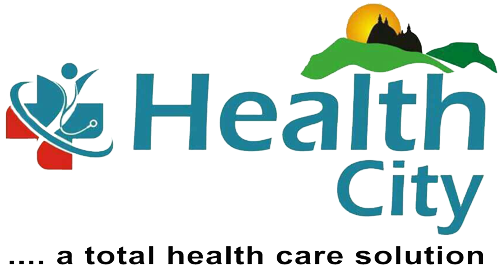
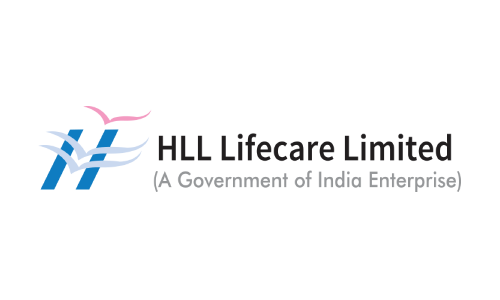






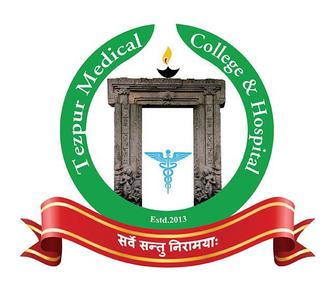




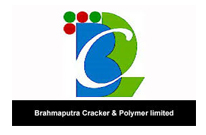

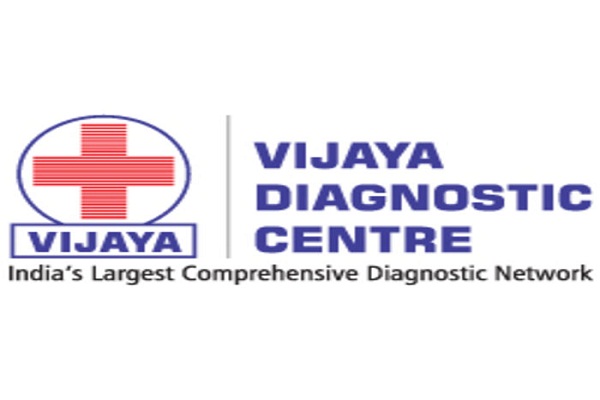


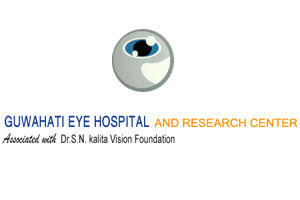




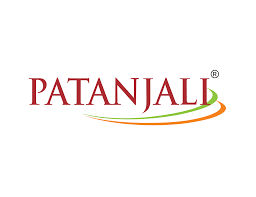


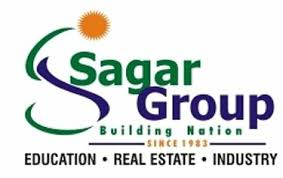
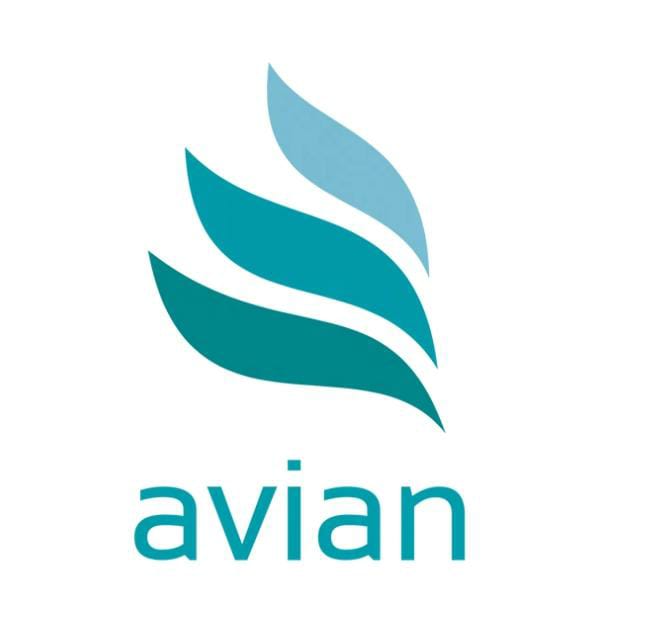

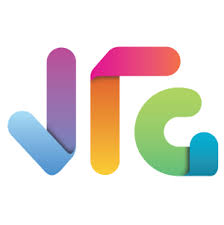
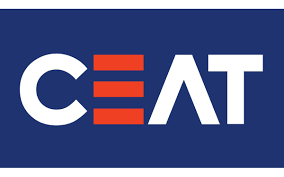






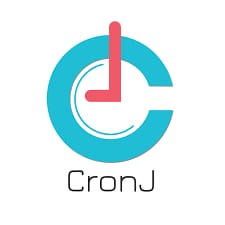


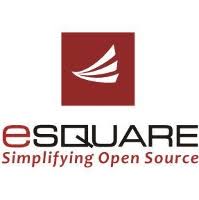

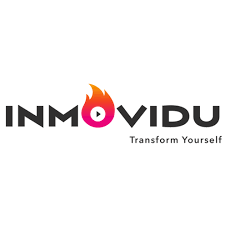
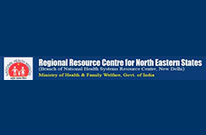


"I am a BBA student of 3rd semester. I hail from Bhutan. I vow that I am having a great experience i...
"AdtU is amazing. I am a BBA student of 2019-22 batch and I am just grateful for the amount of oppor...
Let us be grateful to the people and place who makes us happy. They are the charming gardeners whom ...
Currently I am pursuing MBA in Assam Down Town University. MBA is the professional course through wh...
AdtU is a university that focuses on giving knowledge, education and simultaneously making the stude...
The Assam downtown University has been a great learning experience. The university has provided me w...
My experience with AdtU has been splendid one indeed. Little needs to said about its scenic infrastr...
As a student I am very glad that I have got an opportunity to study here in Assam downtown universi...
My name is Sakhyajit Roy. I?m from Tripura. I joined the university on Auguest, 2017 as a student of...
I share immense pleasure to share my post graduate program experience in Assam down town University....
AdtU is a platform where I got golden opportunities to feed my zeal for knowledge through the dynami...
I am fortunate to get an opportunity to study here in Assam Downtown University. The best thing abou...
Our university is one of the best place for developing ourselves in the field of research and acedem...
ADTU is a university that is very good interms of infrastructure, academics and placements. Our tea...
It is one of best private colleges in North East India, it also provides a good environment for ed...
ADTU is a good University which provides the students with best quality lectures and ensures comfort...
The environment of Assam downtown university is very pleasant.The department of BMLT is very good a...
The university has all the necessary facilities and amenities for students . The classrooms and the ...
Assam downtown University is well recognised all over india. In the ongoing pandemic situation it ha...








